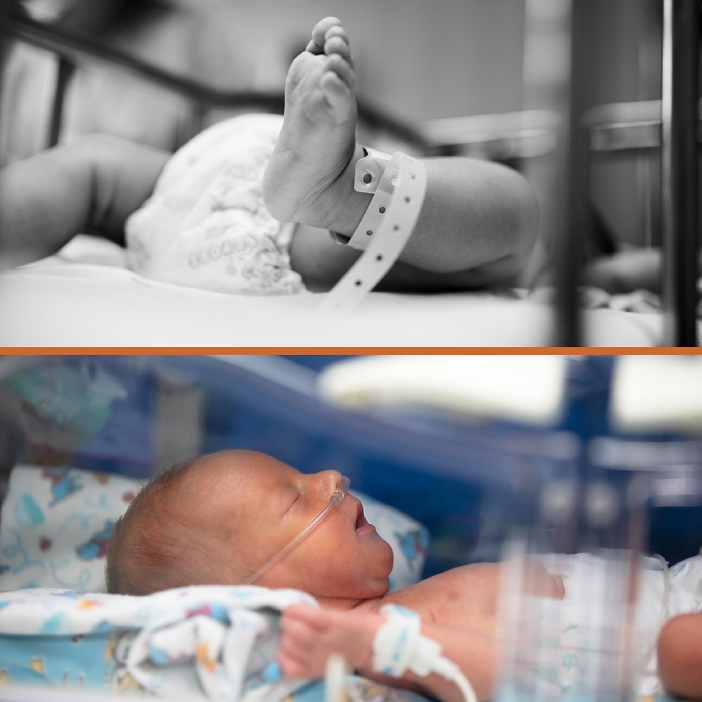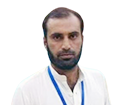Dera Ismail Khan holds strategic significance in the southern districts of Khyber Pakhtunkhwa. It shares its eastern and southern borders with Mianwali, Bhakkar, and Dera Ghazi Khan in Punjab. To the west, it is adjacent to Zhob city in Balochistan, accessible through Tehsil Darazindah. Furthermore, in close proximity are Lakki Marwat, Tank, and South Waziristan.
Dera Ismail Khan, situated at the junction of three provinces, serves as a hub for people seeking diverse necessities. Due to the challenging law and order situation in the neighbouring tribal districts, mainly Tank district situated 60 km away, and the limited availability of essential services, many families have opted for both part-time and full-time residency in Dera Ismail Khan.
Additionally, many families temporarily reside in the city, drawn by the prospects of quality education and a better future for their children.
With a population exceeding sixteen lakhs, the city hosts three significant hospitals: District Headquarters Hospital, District Headquarters Women's Hospital, and Mufti Mahmood Hospital. These medical facilities cater not only to the residents of District DI Khan but also draw patients from neighbouring areas such as Tank, Pizo, Darazindah, Bhakkar, Wana, Jandola, Makin, Darya Khan, and the surrounding regions.
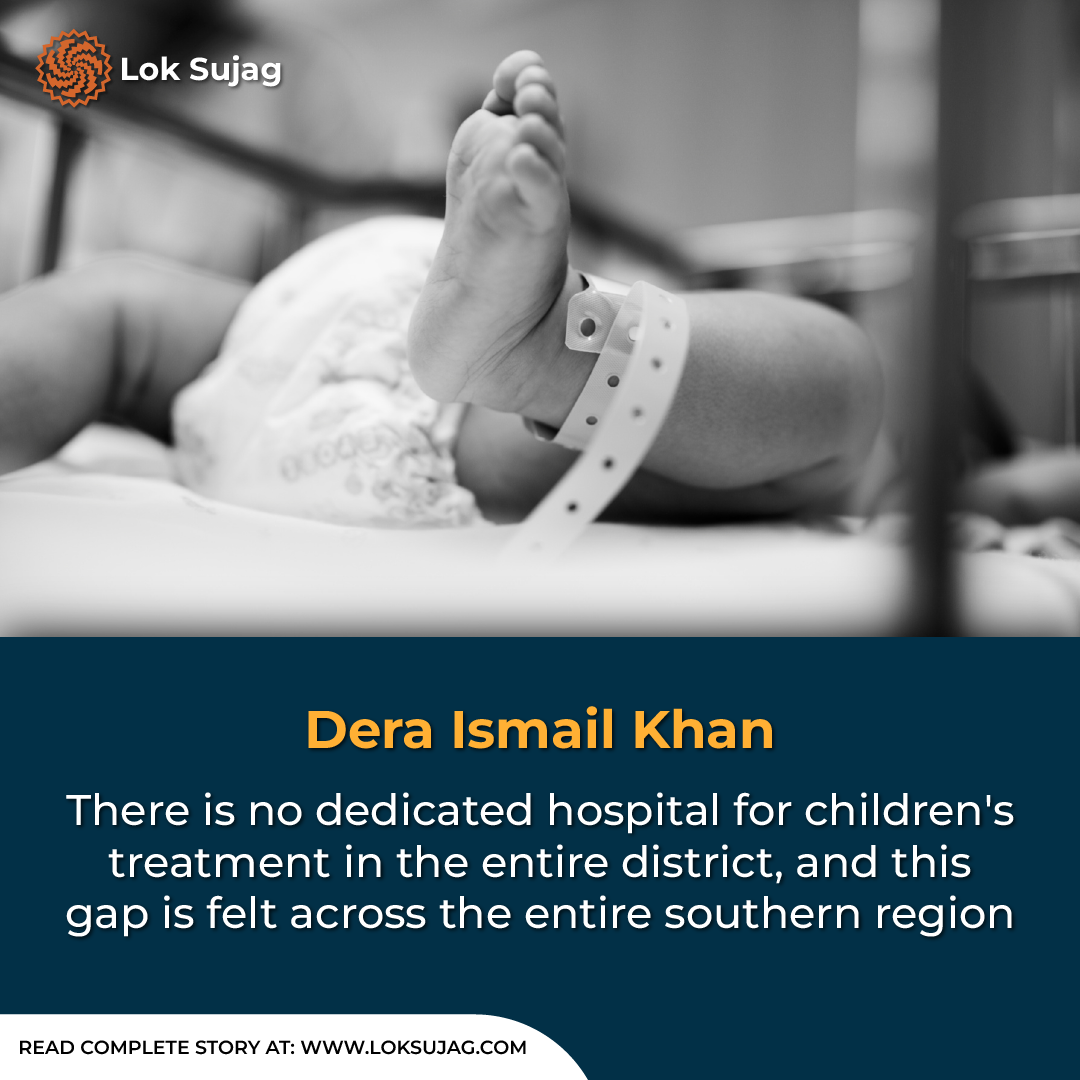
The three leading hospitals serve most of these patients, primarily women and children. In addition to these, the city also has twenty private hospitals. A dedicated hospital for pediatric care is absent, not just in the district but across the entire southern region.
All the governments that have come to power in the past, including the Pakistan Tehreek-e-Insaf (PTI), which has taken over the province twice, have always promised to build a children's hospital here but have never fulfilled this promise in practice. This is why most sick children are sent to hospitals in Multan, Peshawar, Lahore or Islamabad.
Mohammad Aamir, a young resident of DI Khan employed as a Sales and Territory Manager (STM) in a pharmaceutical company, expresses his lack of confidence in local paediatricians. He shares that he prefers to travel to Multan for better treatment whenever his four-year-old son falls ill, underscoring the need for improved pediatric care facilities in DI Khan.
“The District Headquarters Hospital (DHQ) in Dera Ismail Khan provides treatment for a range of pediatric conditions, including jaundice, neurologic issues (resulting from birth-related breathing difficulties), typhoid, mental disorders, bone weakness (osteoporosis), postnatal convulsions, and more. However, the hospital lacks the necessary facilities for certain conditions, forcing families to seek treatment in other cities.”
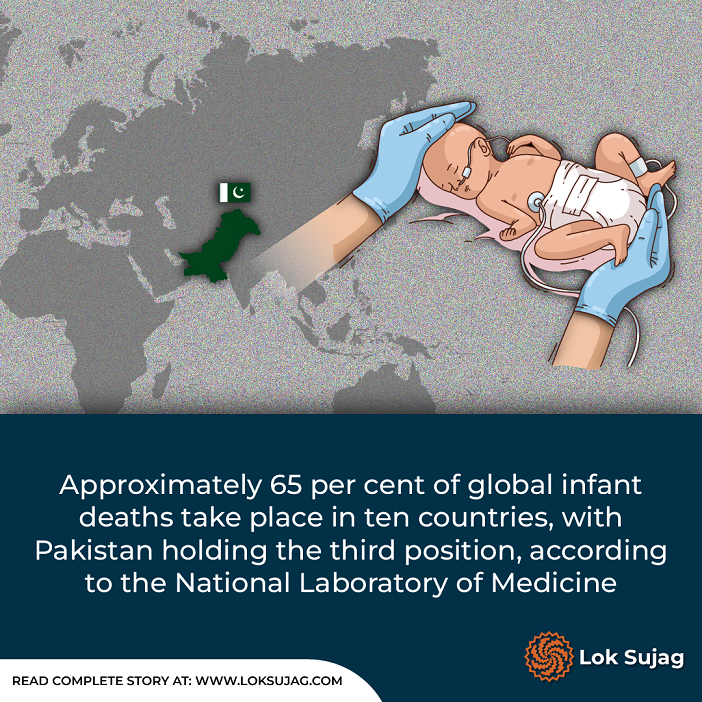
Many infants are born daily at Dera Ismail Khan Women's Hospital. However, the hospital, built many years ago, faces challenges in managing the growing number of children. The nursery ward is overcrowded, often leading to two women and their newborns sharing a single bed due to space limitations.
Gulzar Ahmad, who knows a lot about the city's history, explained that the maternity and child departments were part of the district hospital in Dera Ismail Khan, which was built in 1851. Later, in 1981, they separated the women's hospital and gave it a new building.
Mohammad Amir says that, for the healthcare needs of children and women, they turn to private hospitals and clinics throughout the district. Although these facilities have skilled doctors, they are inaccessible to low-income and middle-class families.
Deputy District Health Officer Dr Farooq Gul of Dera Ismail Khan says the current situation is challenging, with considerable strain on district and zonal health facilities.
“Many patients come to the hospitals every day, leading to a shortage of medicines and other essential supplies. This affects the quality of care provided, especially in the women's hospital, where around 25 to 28 babies are born daily.”
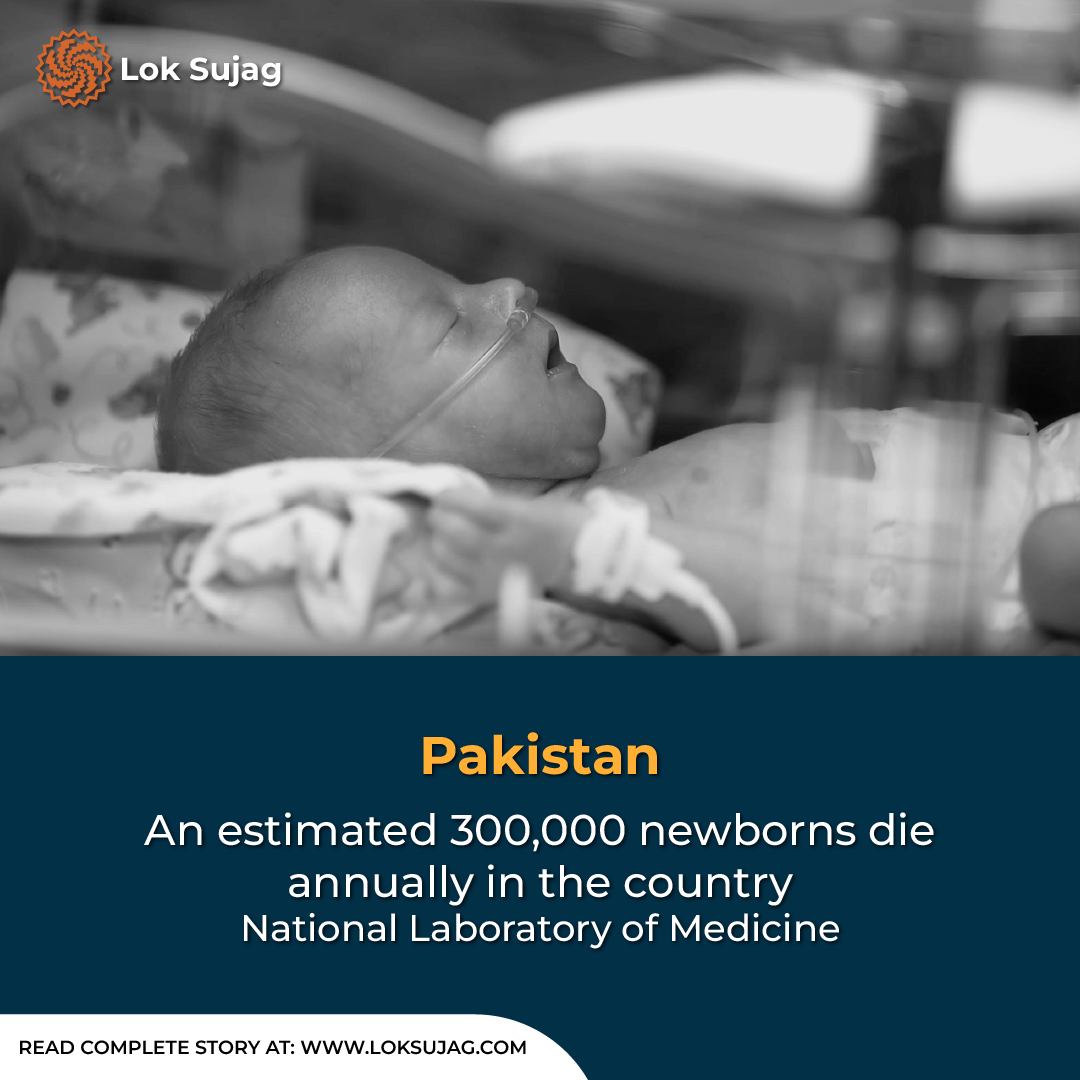
Hospital records show that two to four children are referred to Multan or Islamabad every day due to critical conditions or lack of adequate facilities for immediate treatment after birth. Almost 90 children are referred to other hospitals in a month.
According to a report by the National Laboratory of Medicine, approximately 65 per cent of all newborn deaths occur in only ten countries, with the majority of these countries situated in Asia.
Among these top ten countries, Pakistan holds the third position, with an estimated annual toll of 300,000 infant deaths.
The most recent data indicates that the infant mortality rate in Pakistan is 42 per 1000 live births.
According to World Bank data, India has an infant mortality rate of 20 per 1,000 live births, while Afghanistan has a rate of 35 per 1,000 live births.
In a UNICEF report published in 2015, it was stated that 77 per cent of newborns under one month of age in Pakistan suffer from birth complications.
Also Read

Maternity crisis in Multan: Overcrowded hospital delays childbirths, sparking concerns for mothers
Dr Farooq says that due to the birth of more than two dozen babies every day, the space in the nursery ward is also reduced, as they have to be kept there for the initial care of the newborns. Sometimes, the life of the child is threatened due to complications during birth.
He thinks having a hospital just for kids in DI Khan would help. It would ease the pressure on the nursery and save more children's lives because sometimes, the kids are in such bad shape that they don't make it to Multan, Peshawar, or any other city for treatment.
Dr Farooq Gul, as a doctor and Deputy DHO, tried everything to set up a children's hospital in Dera Ismail Khan. He even contacted former federal minister Ali Amin Gandapur, who promised to establish one. However, despite a decade in provincial and federal government, no progress was made.
Dr Ikramullah, a child specialist, says not having a children's hospital in Dera Ismail Khan raises questions about the local government's performance. Having a children's hospital would surely reduce child deaths.
Former divisional president of Pakistan Muslim League-Nawaz (PML-N) youth and activist Rehmatullah Khan, also known as Glo, told Lok Sujag that previous governments focused on constructing streets, roads, drains, and installing transformers. However, despite promises, no practical steps were taken to establish a Children's Hospital.
Zain Khan, Chairman of Al-Madadgar Foundation, points out that while previous governments focused on various development projects, no concrete steps have been taken to reduce the mortality rate of children and improve their development and treatment.
Published on 4 Jan 2024
